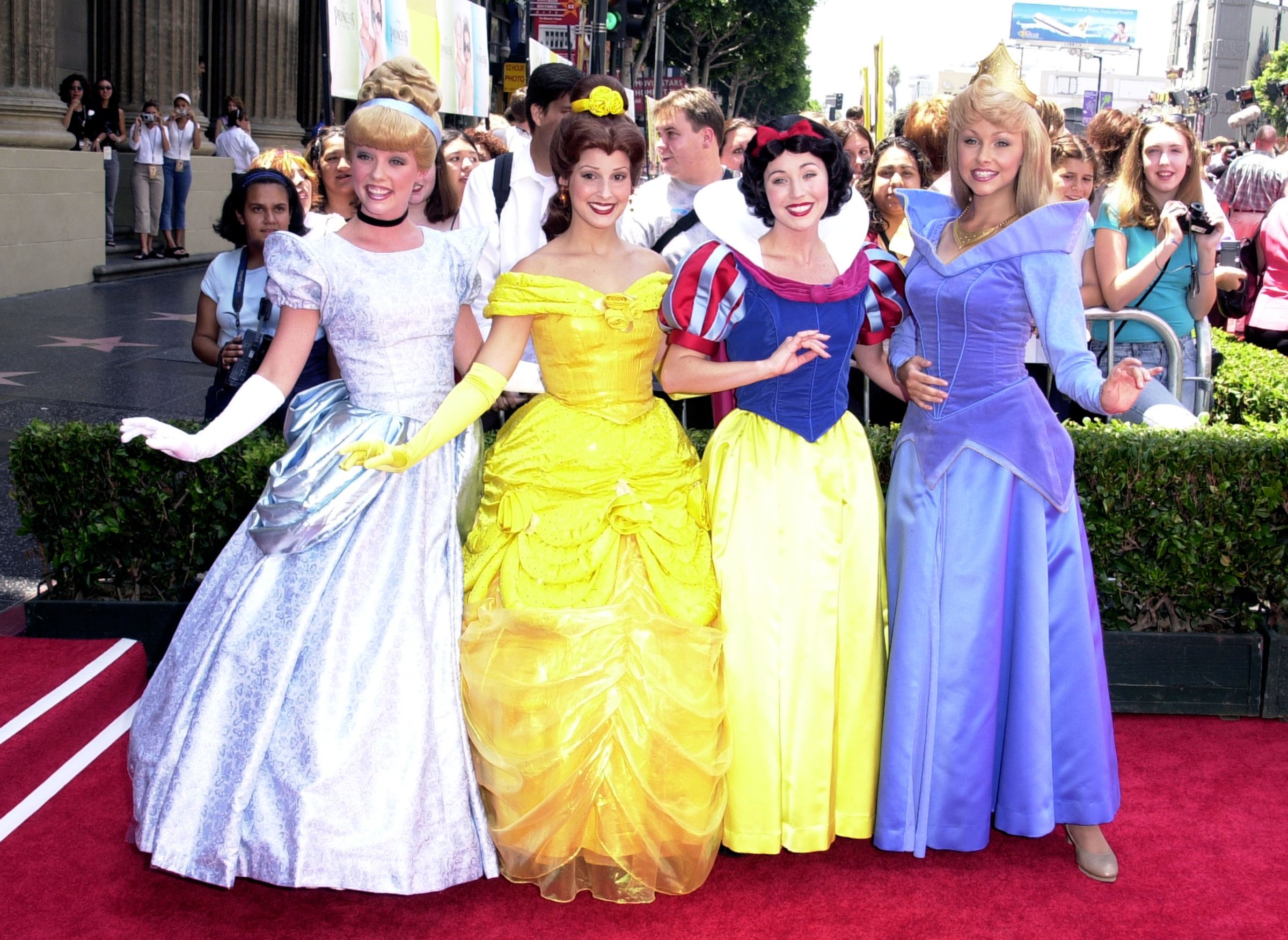
Snow White, Cinderella and the rest of the Disney Princess gang have some explaining to do.
A new study from Brigham Young University found that engaging with Disney princess culture could make young children more susceptible to gender stereotypes.
The small study, by family-life professor Sarah M. Coyne, looked at how much 198 preschoolers interacted with Disney princesses—through movies, toys and merchandise—and then assessed their behavior through reports from parents and teachers and a task in which the children were asked to rank their favorite toys among stereotypical “girl” options such as dolls, stereotypical “boy” options such as tool sets and gender-neutral options such as puzzles.
The researches found that 96% of girls and 87% of boys had viewed Disney princess media, and more than 61% of girls played with princess toys at least once a week, compared to 4% of boys. For both boys and girls, engagement with Disney princesses was associated with more female gender-stereotypical behavior a year later.
The study found that the influence could be good for boys—it could encourage better body esteem and being more helpful. But it could be damaging to girls—it could make them more susceptible to having bad body esteem and less confidence.
Of course, this is just one, small study. But it comes during a larger cultural conversation about the potential effects that Disney princesses and other gender-normative toys could have on young girls and boys.
Just like Barbie, the thin, perfectly proportioned, predominantly white characters perpetuate a potentially harmful ideal of beauty. As Peggy Orenstein outlined in her 2012 book Cinderella Ate My Daughter, an obsession with beauty can increase girls’ vulnerability to issues including eating disorders, depression and risky sexual behavior. Other research has shown that some Disney Princess films feature male characters speaking more often that women, which raises additional questions about the example these princesses set for girls’ independence and confidence.
So what are parents to do? Coyne told BYU News the answer may be moderation. “Have your kids involved in all sorts of activities, and just have princesses be one of many, many things that they like to do and engage with.”
More Must-Reads from TIME
- Cybersecurity Experts Are Sounding the Alarm on DOGE
- Meet the 2025 Women of the Year
- The Harsh Truth About Disability Inclusion
- Why Do More Young Adults Have Cancer?
- Colman Domingo Leads With Radical Love
- How to Get Better at Doing Things Alone
- Michelle Zauner Stares Down the Darkness
Contact us at letters@time.com